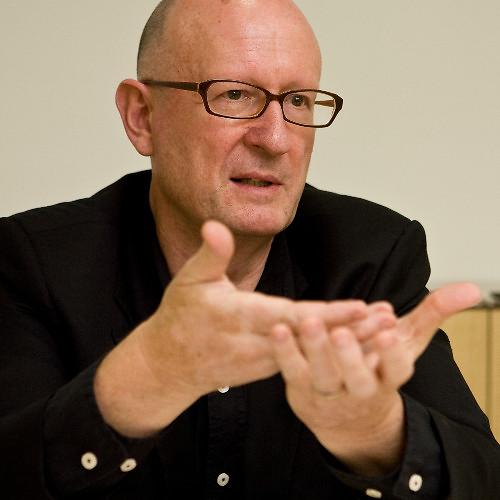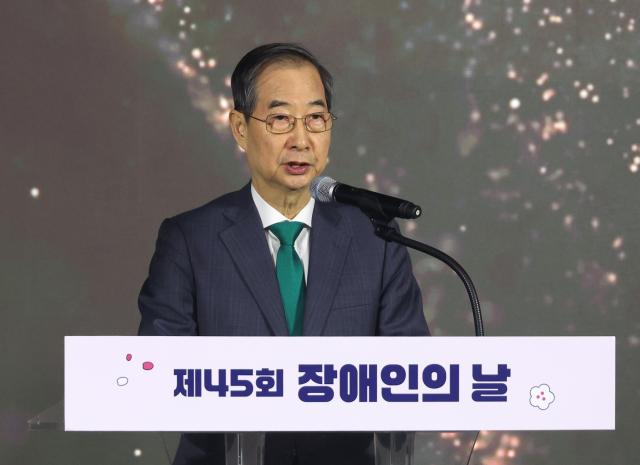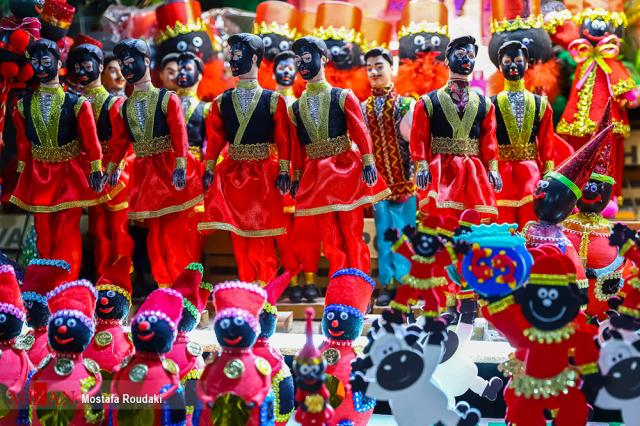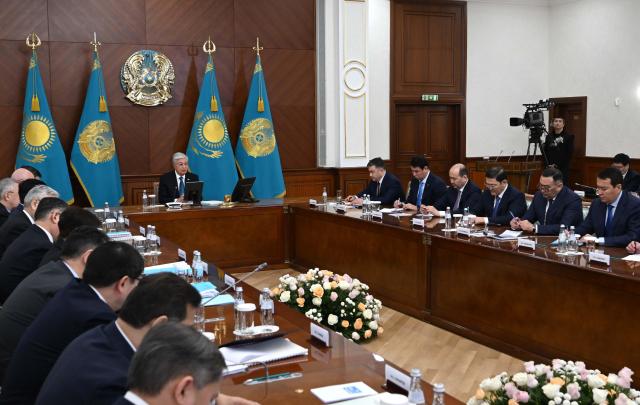
SEOUL -- Next week marks the 70th anniversary of the armistice when the guns of war fell silent across the 38th parallel. Imagine if you were here at that time, wondering what to do with your life, and that you went to a fortune-teller for advice.
“It’s only a ceasefire,” the lady might have said. “Don’t buy property in Seoul until there’s a proper peace.”
The lady in the next tent – I’m assuming they were lined up along the street in tents – might have been even more skeptical: “The communists haven’t given up. You should marry an American and emigrate.”
Perhaps some of the fortune-tellers in those days were refugees from the North. They might have said, “The Americans will rebuild North Korea. Invest in cement” and “Kim Il-sung will be executed before the end of the year and there will be unification.”
When you think of all these possibilities, you wonder if some fortune-tellers correctly foresaw the future. “North Korea isn’t going to change. In a few years, South Korea will start growing economically. It will become a free-market democracy and our grandchildren will be wealthy and admired by foreigners all over the world.”
It’s hard to believe that anyone imagined anything so unlikely. Certainly, nobody would have agreed. At the time the war ended, such uncertainty loomed over Korea that it’s a wonder people got out of bed. But they did. There’s a famous photo from the Korean War of refugees in Pyongyang clambering over the twisted girders of the Daedong River bridge. It’s an image for the determination that drove Koreans at a time when their country lay in ruins, a shattered hulk of a nation, offering them nothing.
Now, of course, circumstances are very different. But that basic structural uncertainty remains. The agreement signed on July 27, 1953, remains a ceasefire. There is still no peace. North Korea is not only still modeling itself on Stalin well into the 21st century, but it seems to remain dedicated to taking over the whole peninsula.
So, at this time, it might be an idea to ask whether it wouldn’t be a good idea to have a peace treaty?
If you’ve been pondering this one for a while, you will have noticed that the longer this situation continues, the louder the noise in our heads against our own side, against the side that doesn’t jail its critics. There was a time when the North Koreans blamed us and we blamed them. Communism vs. anti-communism. But then, over time, the more we have comes to blame our own side. It’s as if North Korea is immovable as a mountain and that therefore the new ideas had to come from us.
I’ve got an idea, people said. The reason there is no peace treaty is because we are bad. Well, there is some truth in this. There isn’t a peace treaty because we don’t want one. North Korea has wanted one for decades, but we’ve always told them no.
Is that because we – and by we, I mean South Korea and America – are warmongers? Not really. We have our reasons.
One is that our side doesn’t believe that the North Koreans would negotiate in good faith. We label them as communists. Young people may think that means they’re in favor of universal health care or something, but the war generation remembers them as sneaky fellows for whom peace is simply another way of waging war.
You may say this mistrust is unreasonable, but that is not an argument. When someone mistrusts you, it’s not up to them to lighten up. It’s up to you to demonstrate your trustworthiness. And so far, North Korea, the blower-upper of inter-Korean buildings, the torpedoer of South Korean naval vessels, the acquirer of nuclear weapons, the state whose very solidity depends on its people’s inability to punch through its lies, hasn’t made the slightest effort to do that.
Another issue is that peace is not the end-goal for the two Koreas. If it were, it would be possible to make a peace treaty without full trust. But in this case, the end goal is re-unification. That has not happened because the two halves do not share the same values. The policeman cannot team up with the criminal. This will not change until one side is transformed or is taken over.
Still, you might argue, if a peace treaty is one step in the right direction, why not take it?
That is because of a third concern, which is that part of any peace agreement would be for American troops to leave South Korea. The US hasn’t wanted that because its troops’ departure last time prompted the first war and they don’t see any point in prompting a second, which they would be obliged to return to fight.
The South Koreans also don’t want US troops to leave because they are still a little concerned about their ability to manage North Korea on their own, although I doubt there would be much contest if it came to it. (North Korea can’t even keep its lights on, let alone fund a war. But they can cause a lot of trouble).
For a peace treaty to be considered by our side, the North Koreans would first have to signal to us that they will not insist on US troops leaving the peninsula. And nobody believes that such a thing will happen any time soon.
One day the future side of this present situation will be old history and the direction and outcome will be clearly understood. For now, though, it is a foggy uncertainty and I say this is not the time to waste money and effort over a possible peace treaty.
Of course, it is always possible that I could be wrong. Perhaps it is the best time for a peace treaty. But before proposing it, I would need to ask the advice of a few fortune-tellers.
Copyright ⓒ Aju Press All rights reserved.





View more comments